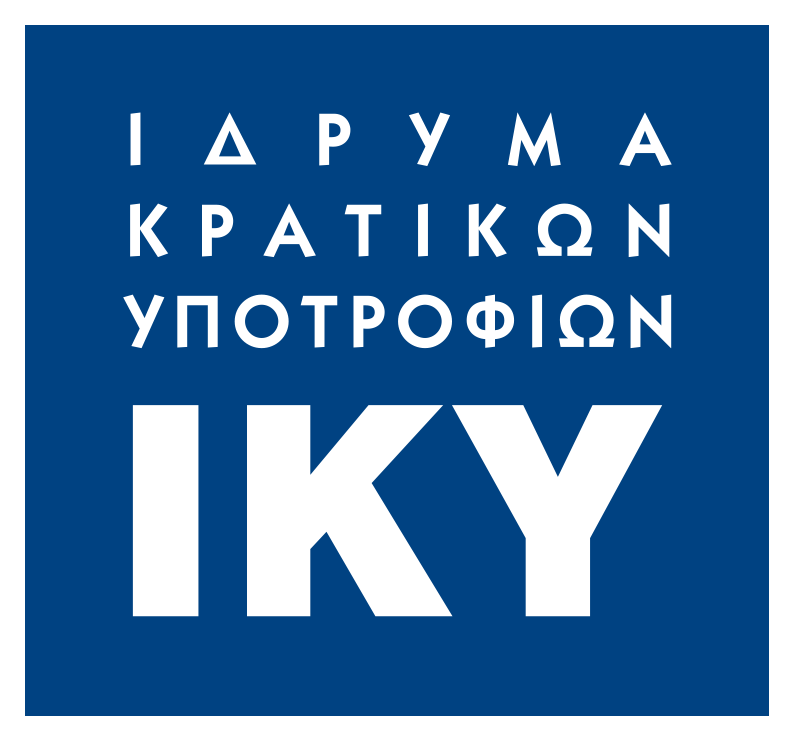Event Report
Date: September 8, 2024
Venue: IHF Premises, Brussels
On September 8, 2024, IHF hosted an inspiring Multiplier Event at its premises in Brussels, bringing together 10 enthusiastic young children and 3 dedicated teachers facilitating the event. The session aimed to pilot and showcase the interactive tools developed through the HEAT project, including the educational game, preliminary elements of the handbook, and the project’s training content (for teachers). Designed to be both engaging and educational, the event created a lively atmosphere where young minds could explore, imagine, and collaborate, while educators discovered the resources’ potential to enrich their teaching practices.
Activities conducted:
- For children: The event was a whirlwind of curiosity and creativity. The children were introduced to the HEAT project’s interactive game, which quickly became the centerpiece of their engagement. They enthusiastically adopted the roles of “fictional scientists” tasked with solving real-world challenges related to heatwaves. Spontaneously, they formed rotating small, self-organized teams, bringing their natural curiosity and critical thinking skills to the forefront. Each group dove into the game’s scenarios with remarkable enthusiasm, displaying teamwork, creativity, and problem-solving abilities. The activity encouraged them to explore complex concepts in a playful manner, blending fun with learning. Facilitators observed how the children’s vivid imaginations and innate drive to tackle challenges turned the game into an exhilarating educational experience. The room buzzed with excitement as young “scientists” brainstormed, strategized, and celebrated their successes together. The children thoroughly enjoyed the interactive game, which they found both exciting and intellectually stimulating. Their spontaneous collaboration and self-organization highlighted the game’s ability to encourage teamwork and creativity. Many of them expressed pride in their roles as “scientists,” which underscored the game’s effectiveness in fostering engagement and a sense of initiative and purpose.
- For teachers: The teachers in attendance were equally captivated by the event. They played a dual role: guiding the children’s interactions and exploring the resources themselves. IHF representatives provided an overview of the training framework and shared a preview of the handbook, which was still under development at the time. Teachers were encouraged to reflect on how these resources could be adapted to their unique classroom settings. Discussions with the teachers delved into the practicalities of integrating HEAT project materials, including the interactive game, into their lesson plans. The educators expressed enthusiasm for the innovative approach, noting the handbook’s potential to support their efforts in fostering critical thinking and environmental awareness among students.
- The children’s transformation into “fictional scientists” was a testament to the interactive game’s capacity to inspire and educate.
- Teachers gained firsthand experience of how the HEAT resources could be seamlessly integrated into diverse educational settings.
- The session fostered meaningful discussions about adapting and applying project outputs to different contexts, both locally and internationally.
- The event provided a dynamic and enriching platform for both children and teachers to engage with the HEAT project’s resources.
- Young participants’ enthusiasm and creativity, coupled with the teachers’ positive feedback, affirmed the project’s potential for wide-scale educational impact.
- The event demonstrated the transformative power of interactive, experiential learning in promoting critical thinking and awareness among young learners, laying the groundwork for continued use and replication of HEAT resources in educational environments.



